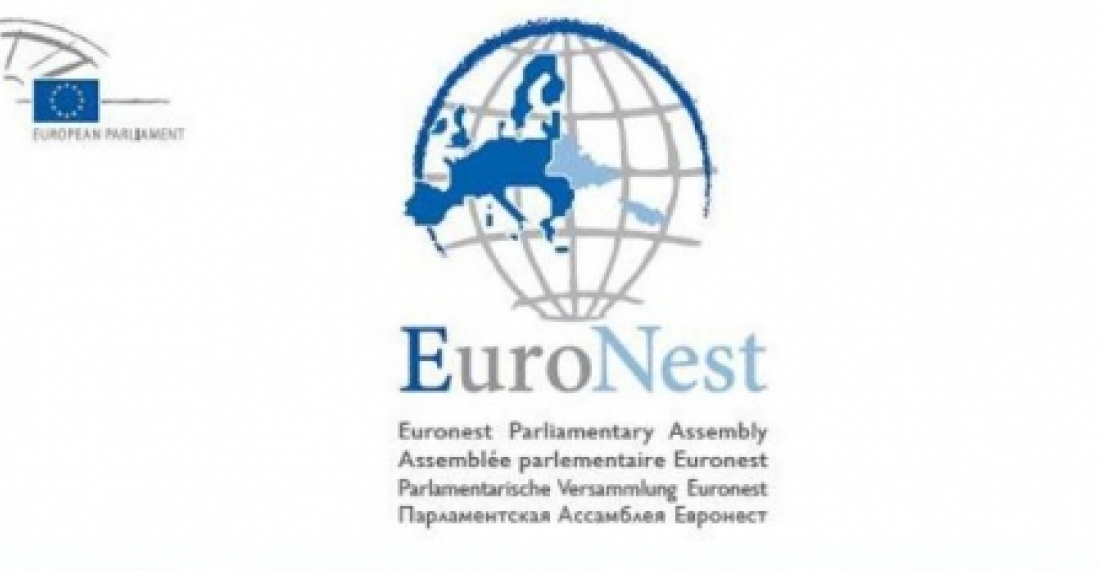The 2nd Ordinary Session of the Euronest Parliamentary Assembly starts on Tuesday in the Azerbaijani Capital Baku. Euronest is the parliamentary framework of the Eastern Partnership and brings together representatives of the European parliament and of the partner states of Eastern Europe.
A parliamentary delegation from Armenia is expected to participate in the meeting of the Assembly. This gives the event special significance as it marks a new page in the process of parliamentary diplomacy between the two countries and is seen as an important step in the development of a political dialogue in the South Caucasus.
Euronest, which was only established last year, can play a major role in the development of relations between the European Union and the South Caucasus Region. The process will not be without difficulties, and setbacks are also to be expected from time to time. However the Baku meeting is of historical significance and will greatly contribute to the process.
source: commonspace.eu







